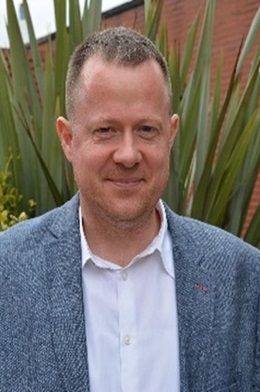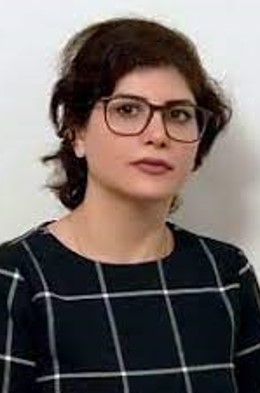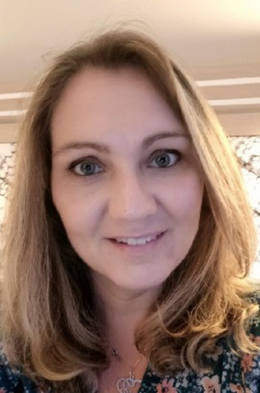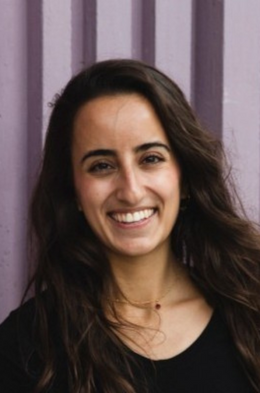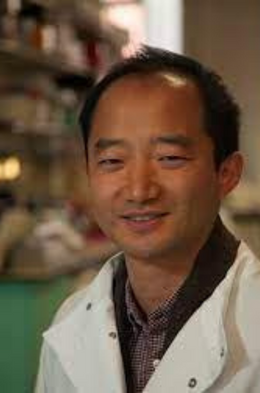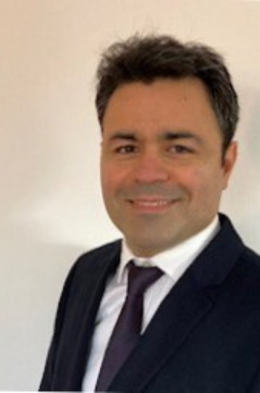Christoph A. Merten is a Professor for biomedical microfluidics at the Swiss Federal Institute of Technology (EPFL; www.epfl.ch/labs/lbmm) in Lausanne, Switzerland. He also holds an adjunct position at the Ludwig Institute for Cancer Research (LICR).
In parallel to his academic career, Christoph has gained significant industry and entrepreneurship experience: He successfully commercialized microfluidic technology for genomic applications (e.g. licensed to Diagenode for the BioRuptor OneTM), collaborated with big pharma (including Roche and GSK) and worked for many years as a consultant. Furthermore, he is the scientific founder and chief consultant of Veraxa Biotech (www.velabs-therapeutics.com), an antibody discovery company that successfully secured 2 investment rounds within just one year and which is constantly growing and acquiring deals with large pharma industry.
Christoph holds a Ph.D. in biochemistry (directed evolution) from the University of Frankfurt and did postdoctoral studies at the MRC Laboratory of Molecular Biology (Cambridge, UK) and the Institute de Science et d’Ingénierie Supramoléculaires (ISIS) in Strasbourg, France. Before moving to Switzerland he lead a group at the European Molecular Biology Laboratory (EMBL) in Heidelberg, Germany




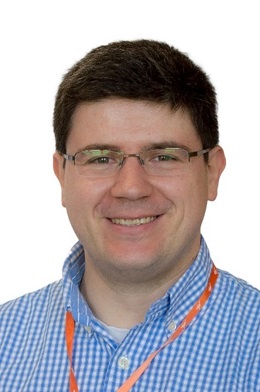
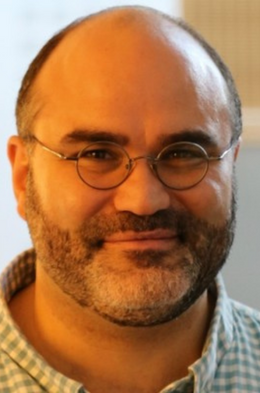
.png)
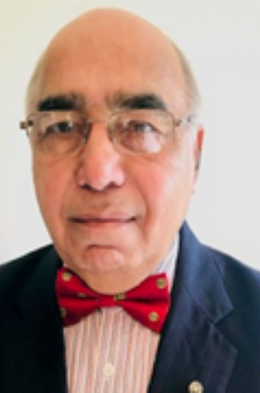
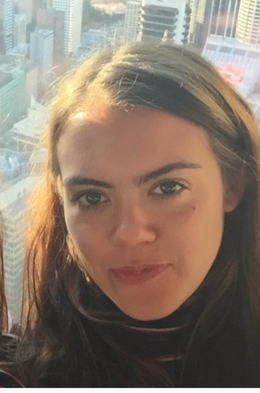
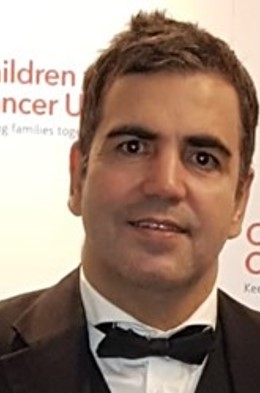
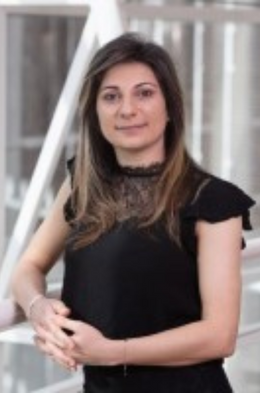
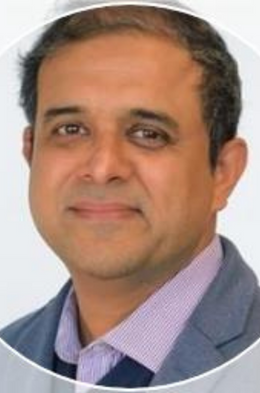
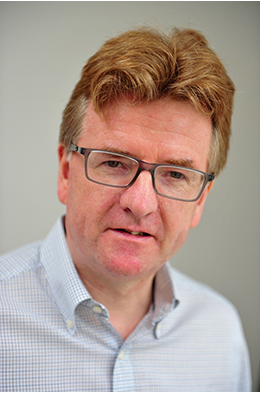
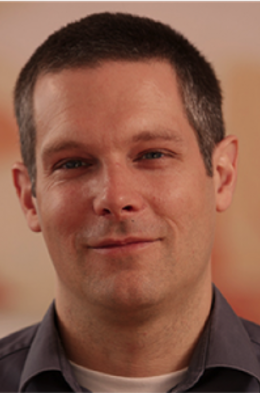
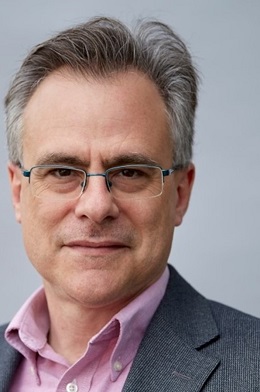
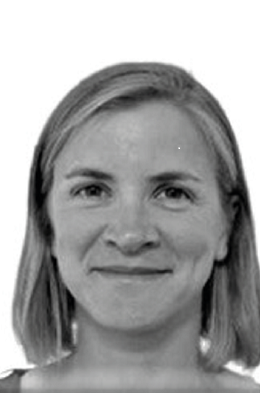
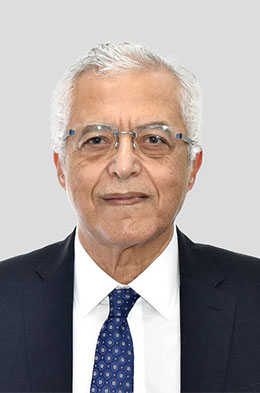
.png)
